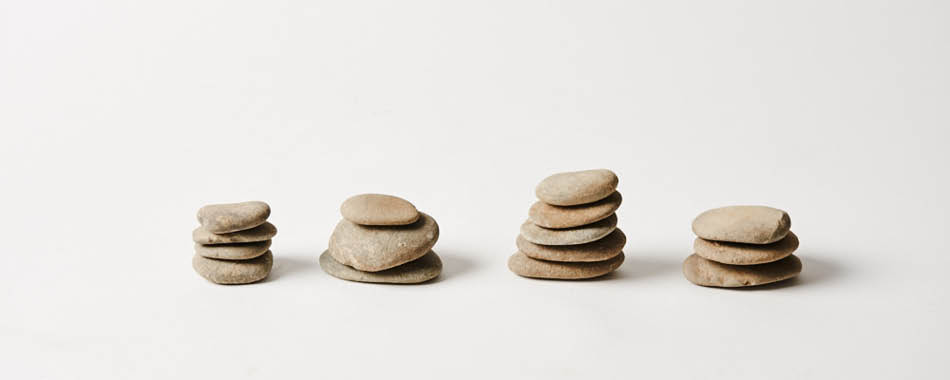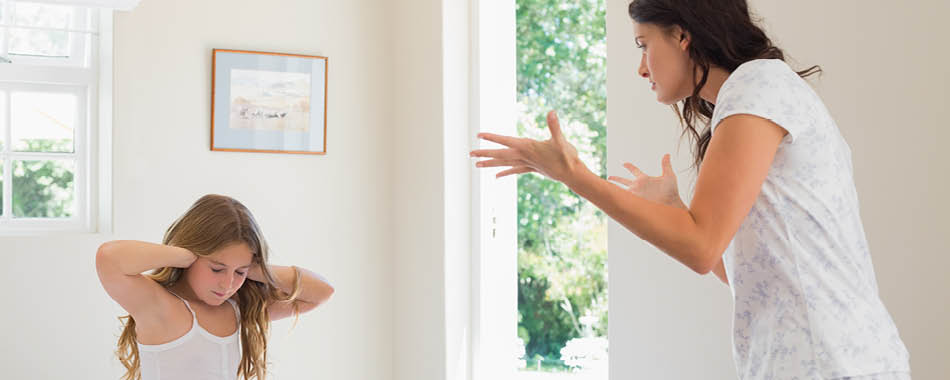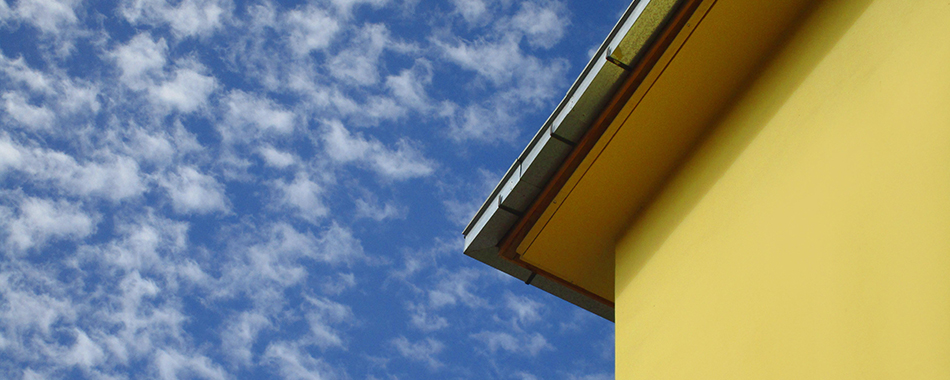Do you own, or intend to own, a residential investment property earning rental income? New measures affecting Australian residential property have now become law including changes which may mean losing the benefit of depreciation deductions. But do not despair, for those buying off-the-plan the benefits are still there.
What has changed?
In the past the decline in value of a rental properties plan and equipment (e.g. carpets, ovens, dishwashers, heaters, blinds, and washing machines) could be claimed as a deduction in the landlord’s tax return, reducing their total taxable income.
From 1 July 2017 tax deductions for depreciation of residential property fixtures will only be allowable for expenses actually outlaid by an investor. The change will apply to landlords who purchase a property after 9 May 2017.
So what happens to your depreciation claims if you are planning to purchase a residential investment property now? It will depend on the type of residential property you purchase and what plant and equipment you purchase for that property.
For example, you may purchase an existing older home in good condition however the hot water system needs replacing after a few months, so you pay for a new system to be installed before renting the property to tenants. In this case, you will be allowed to claim depreciation deductions for the cost of the new hot water system over its useful life in your tax return. However, you will not be able to claim depreciation deductions for all of the existing plant and equipment that came with the house when you bought it. This means that you will have less deductions to report in your tax return, potentially resulting in higher taxable income and therefore higher tax to pay (or a smaller refund) than property investors have enjoyed in the past.
The good news?
Not all is lost. Purchasing new property may still be attractive to investors wishing to maximise deductions. If you purchase a brand new property, off-the-plan for example, you are purchasing the new property along with the new plant and equipment so will be allowed to claim depreciation deductions on these new items in your tax return over their useful life. This will therefore reduce your taxable income particularly in the first few years when the depreciation deductions are greatest. This can be very helpful for a new landlord’s cash flow in the early years of ownership. In other words, to get the best tax result possible it may well be best to buy a brand new property!
Owners of existing residential rental properties with plant and equipment acquired before 9 May 2017 and used in a residence that has been a rental property on or before 30 June 2017 will still be able to claim a depreciation deduction as normal per the old rules.
How can we help?
Please do not hesitate to contact a member of The Hopkins Group team to discuss any of the abovementioned issues and what you may be able to do under these measures to assist in achieving your individual financial goals. To view our currently recommended properties, please click here.
—
Disclaimer: The information contained herein is of a general nature only and does not constitute personal advice. You should not act on any recommendation without considering your personal needs, circumstances and objectives. We recommend you obtain professional financial advice specific to your circumstances.




